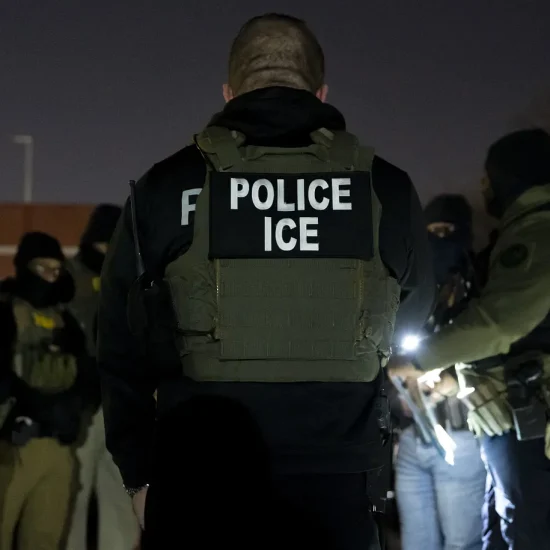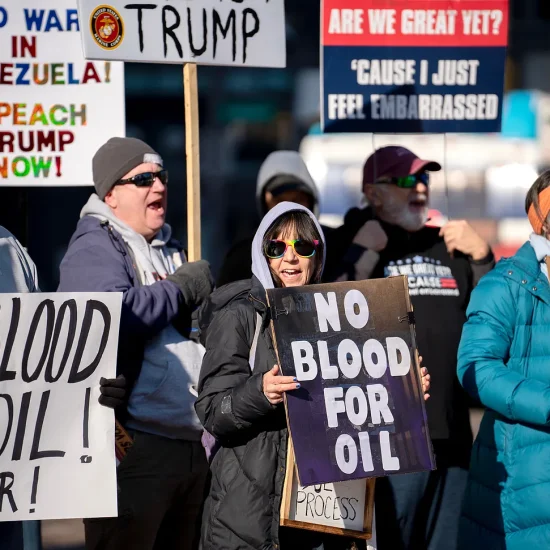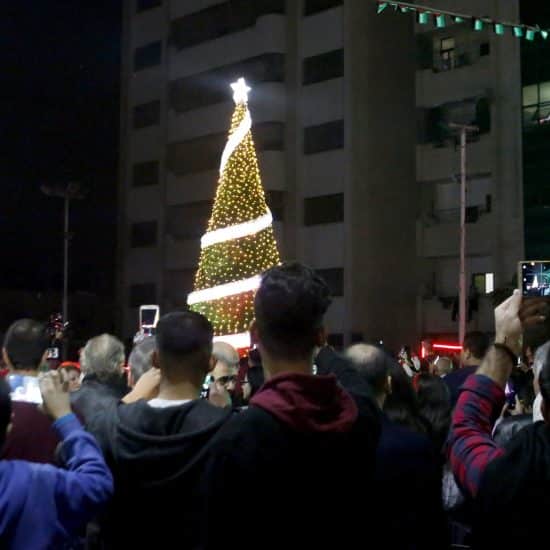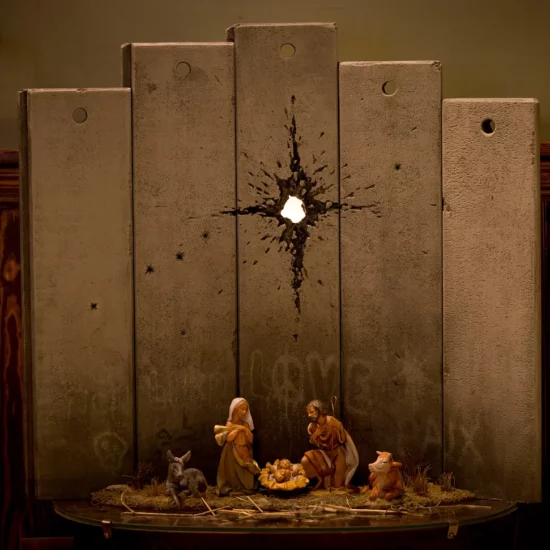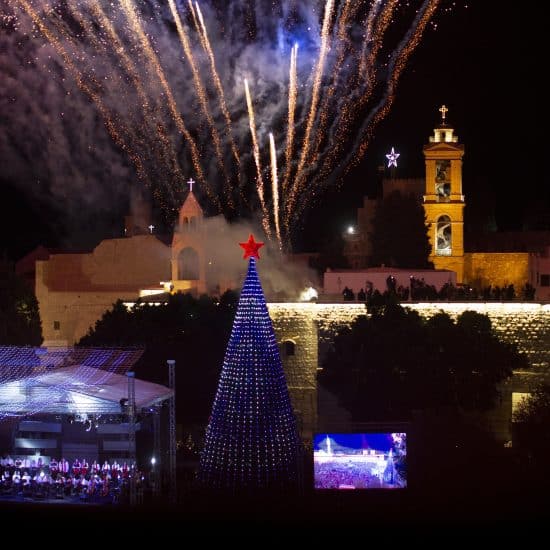
The pastor of the leading evangelical church in Cairo, Egypt, issued an unprecedented prophetic call for freedom, equality, and justice — but insisted his Church doesn’t interfere with how and with who will bring that about.
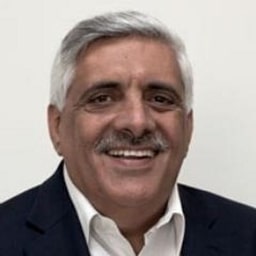
Daoud Kuttab
Rev. Sameh Maurice pastor of Kasr al Dubara Church in downtown Egypt gave a prophetic sermon Friday, August 23, and was greeted with a standing ovation as he insisted on following the commands of Jesus to love your enemies.
Maurice broke away from his church’s monthly theme by explaining a statement he was a cosignatory to that called on some in the Western churches for dialogue. The August 5 statement, titled “Collective Call from Middle East Evangelicals,” was signed by 21 church leaders in Egypt, Palestine, Israel, Jordan, Syria, Lebanon, and Iraq and called on the global church for dialogue. It came as the war on Gaza, which has caused death and destruction to tens of thousands including Palestinian Christians and churches, while some Western leaders were justifying the Israeli violence against Palestinians. (see “Arab Evangelical Christians Invite Zionist Evangelicals To Restore ‘One Body in Christ’” for more)
But the powerful sermon didn’t come from direct criticism of Western church leaders — it came as some ِArab Christians, mostly television commentators, speaking from a U.S.-based Christian TV studio. They sharply attacked and even insulted the signatories for criticizing Islamophobia and Christian Zionism. The paragraph that was criticized stated, “We unequivocally reject all forms of violence against civilians to achieve justice (Jeremiah 22:3; Romans 3:15-18), and strongly condemn all religious, political, and social ideologies that hinder a lasting peace including antisemitism, islamophobia, and Christian Zionism.”
Using a chalkboard, the Egyptian pastor went through the statement and presented clear theological disagreements with Jews and Muslims from a faith perspective. However, the pastor insisted on love for Jews who were the first believers, and Muslims who Egyptians lived with. Pastor Maurice related his relationship with Jews and told the story of how after ISIS killed Egyptian workers in Libya Egyptian Christian Churches hung signs calling for forgiveness.
Maurice also delved into theology rejecting dispensationalism and insisting that Christians, as per the New Testament, are the beneficiaries of God’s grace.
The pastor rejected criticism that the 1200-word statement is a political document. He spoke with conviction but at times hesitated so as not to cause damage to local authorities and communities. He expressed concern about what he was about to say as he looked at his elders and waited to hear from his congregation who repeatedly supported him by clapping in support of his courageous pronouncements. The church council later issued a strong statement of support for his position.
He said that the Church supports three principles of freedom, equality, and justice (which seem to be close to some of the slogans of the Egyptian Arab spring that led to the resignation of Hosni Mubarak).
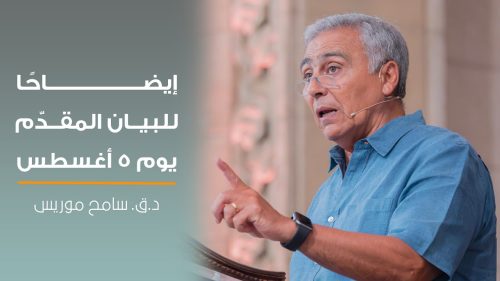
YouTube screengrab from Rev. Sameh Maurice’s sermon
He began by insisting on the importance of religious freedom in a country that houses Islam’s leading religious institution, al Azhar, and where every citizen must have a declared religion and that Muslims are not permitted to change their faith. He said that Christians should have the freedom to change their religion if they choose and insisted that no one should interfere and stop them. But then he followed this call with a courageous sequel namely that others, including Muslims, should equally have the same right to change their religion to Christianity.
Rev. Maurice spoke about the importance of equality in his home country, saying Egyptians are equal citizens in the constitution. He stated that since all citizens are guaranteed equal rights in the constitution, a woman’s testimony should be the same as a man’s and that equality means all people Muslim or Christian, rich, or poor should be treated equally by the government. Islamic Sharia law considers two women the equivalent of one man in providing witness testimony in financial situations.
Quoting verses from both the Old and New Testament, pastor Maurice spoke about justice insisting that his voice is a prophetic voice and that if he failed to speak out, he would be a coward. He spoke passionately about the need for social justice in his country but also veered into the Palestinian-Israeli conflict saying we can’t be silent when people are being starved to death. He insisted that calling for an end to the bloodshed and the right to bring food into Gaza was part of the church’s duty insisting that this was not politics but the core mission of the Church.
He related that during the Egyptian elections, he used the pulpit to encourage his parish to vote but strongly refused any intervention. People asked me who to vote for, and he noted but stated firmly that as a Church, we declined to endorse anyone including members of our church. He jokingly said we could have brought a candidate and asked people to pray for him as a way of circumventing the issue. Still, we refused any intervention insisting that the Church is for freedom, equality, and justice but the how and who is politics and the church declined to delve into that.
He condemned both the violence of Hamas and the violence of Israeli Prime Minister Netanyahu.
Pastor Sameh Maurice began his talk with long quotes from the sermon on the mount and ended with the Mathew 5 call by Jesus to “Love your enemies, bless them that curse you, and do good to them that hate you.” His entire church parish responded with a standing ovation.
Daoud Kuttab is a Palestinian journalist and publisher of Milhilard.org a website dedicated to Christians in Jordan and Palestine. Follow him on X @daoudkuttab and Threads @daoud.kuttab

